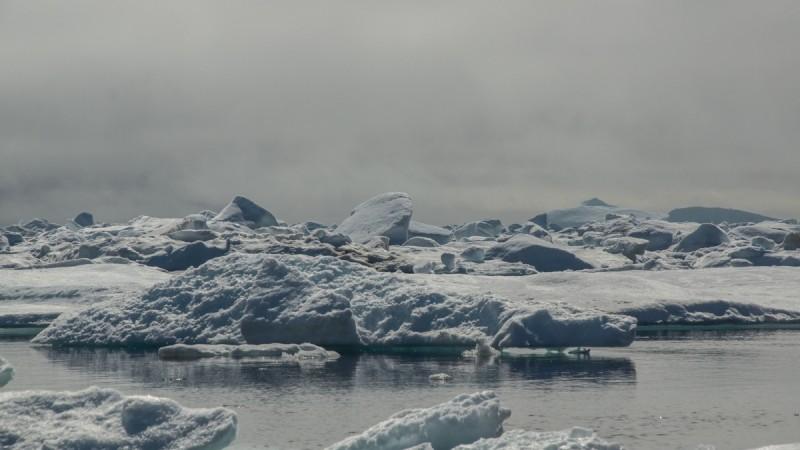
The Earth is experiencing some serious deformation at the bottom of its oceans due to climate change, a new study reveals. According to scientists, the sheer weight of water pouring off melting ice sheets is making oceans heavier, causing the planet's seafloors to sink.
The fact that the weight of the Earth's oceans can cause the planet to become squashed is already known. What the researchers wanted to find with the latest study is exactly how much the seafloor is getting deformed by the meltwater and human-inflicted environmental changes.
The results were alarming. They found that the squashing effect was too big for satellite altimeters to accurately measure the global sea level rise, something that could lead to serious discrepancies in scientists' measurements of the phenomenon.
"We have had tide gauge sea level rise measurements for more than a century," Delft University of Technology geoscientst Thomas Frederikse told Earther. "You put an instrument at the sea bottom and see how far sea level changes relative to the bottom. Satellites orbiting the Earth measure sea level from space. We wanted to see how large is the difference."
As part of the study, the researchers analysed recent data on mass loss from the Greenland and Antarctica ice sheets, and changes in water storage on land surfaces to calculate sea level estimates for different locations on the planet.

The researchers found that largely human-inflicted changes caused the seafloor to sink, on average, by about 0.1 millimetre a year between 1993 and 2014, or 2.1 millimetres over the entire period.
Although that number seems small, the findings suggest that the satellites are underestimating the amount the sea levels have increased due to the extra water associated with melting ice sheets by about 8 percent.
"Nevertheless, the effect is systematic and relatively easy to account for," researchers said in the study, published in the journal Geophysical Research Letters. "In a future warming climate, the sea level rise induced by ice sheets will increase, and therefore, the magnitude of the bias due to elastic ocean bottom deformation will grow."

















